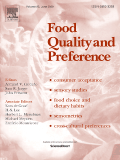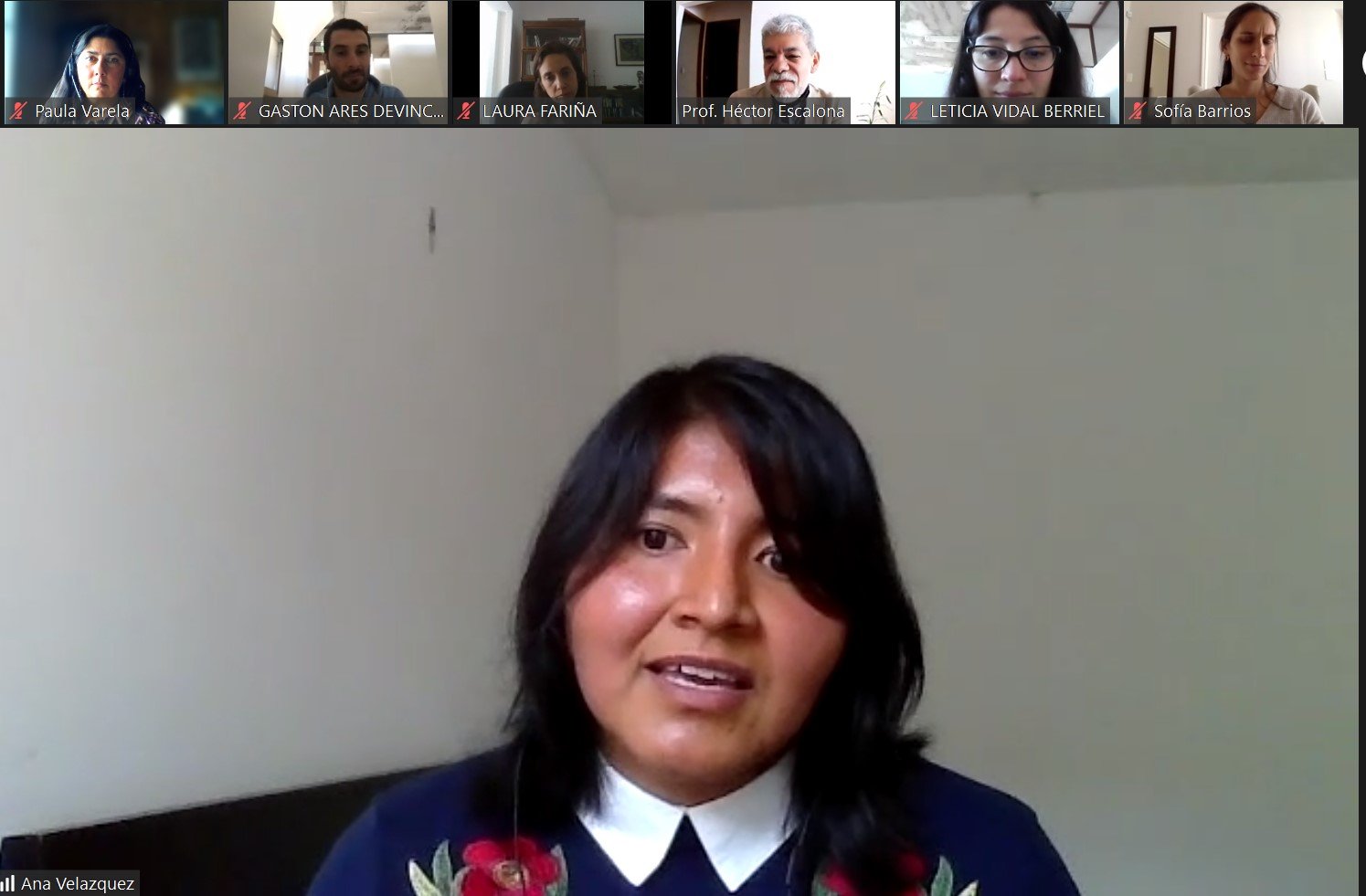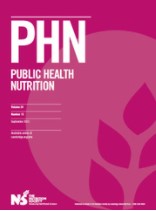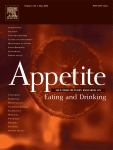
From March until May 2020, a first strict lockdown took place in France to limit the spread of the highly contagious coronavirus SARS-CoV-2. Schools were closed and working from home was enforced, which had a profound impact on families’ habits. ESR7, Kaat Philippe, and her colleagues conducted a study with 498 French families to investigate…

Last week, Ana Laura Velázquez defended her PhD as the first ESR in the Edulia consortium. The defense was digital and took place October 14th. The title of her thesis is “Strategies to reduce the sugar content of dairy products targeted at children” and was granted by Universidad de la República (Uruguay). We congratulate Ana…

Martina Galler (ESR1) recently published a paper in collaboration with her supervisors, Paula Varela, Tormod Næs, Kristian Hovde Liland and Gastón Ares. The study was conducted within the master thesis of Emma Mikkelsen in Martina’s project. The paper is open access in the Journal: Food Quality and Preferences. Automatic food decision making Food choices that…

Sofia De Rosso (ESR6) recently published a paper (open access) exploring practices, needs and determinants of information seeking of French parents regarding infant and young child feeding in the journal Public Health Nutrition. Previous studies have explored parental behaviors and feelings regarding infant and young child feeding (IYCF), and they demonstrated that most parents are…

Serving large portion sizes to children can make them overeat. They can make children overrule their inner sensations of hunger and fullness, and make them eat more than they need. This is the well-known “portion size effect”. Serving right portion sizes to children, adapted to their needs, is also important to avoid weight gain in…

The importance of complementary feeding (CoF) for the establishment of healthy eating behaviors from infancy is well known. Parents are the first influencers of a child’s diet and they are often in contact with pediatricians to gather trustable advice regarding child feeding. What is less known is if expectations regarding exchange of information are met…

Past research has mainly focused on the links between mothers’ feeding practices and children’s eating behaviors. Fathers have received much less attention and little is also known about how the use of similar or different feeding practices within families influences children’s behaviors. To fill this gap, Kaat Philippe (ESR7) and her colleagues conducted a study…

Products targeted at children use several eye-catching elements to attract children and convey the idea that they are appropriate for them. In the supermarket, it is not uncommon to find colorful packages with cartoon characters, photos of celebrities and references to fun. Unfortunately, many of those products hide an excessive content of sugar, fat, and…

Draw me your dream meal. Healthy and sustainable, please! by Tija Ragelienė “If they could they would eat candies and snacks for breakfast, lunch and dinner.” This is a thought that many parents and educators might say sometimes about children’s food preferences. But is it really true? Do children truly prefer sweets and candies for…

Eating is More Than Food Only or why Social Context Matters for Your Child’s Healthy Development by Tija Ragelienė Food and eating is an inseparable part of our everyday lives. We need food simply to survive and have energy for our daily activities. However, eating is not just a simple physiological action, but also a…






